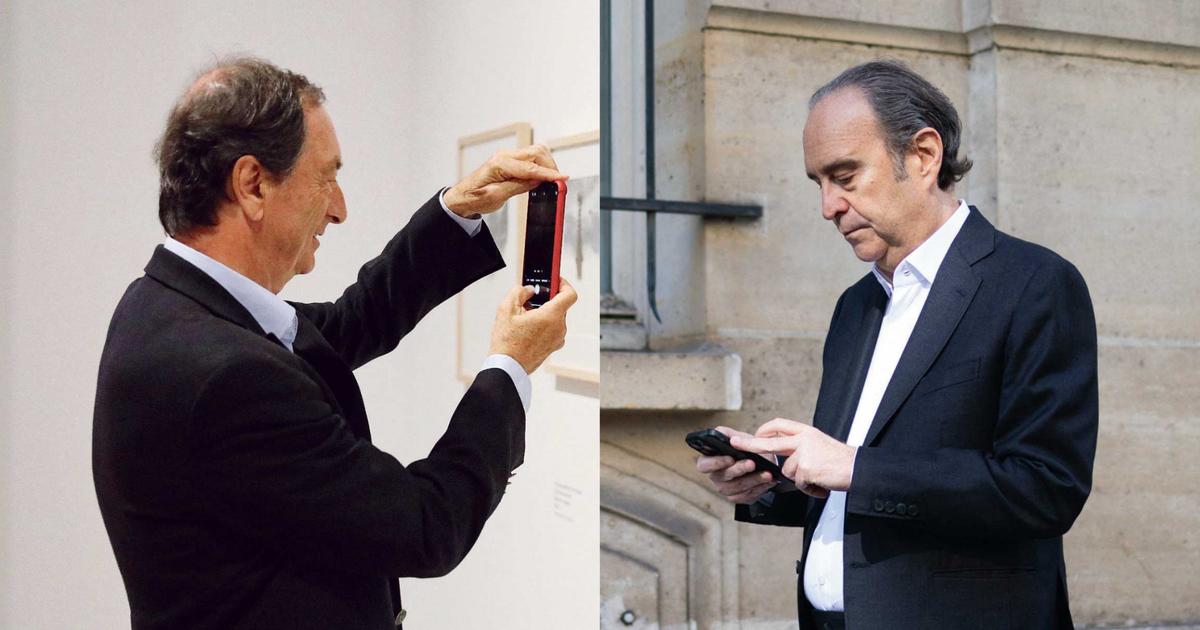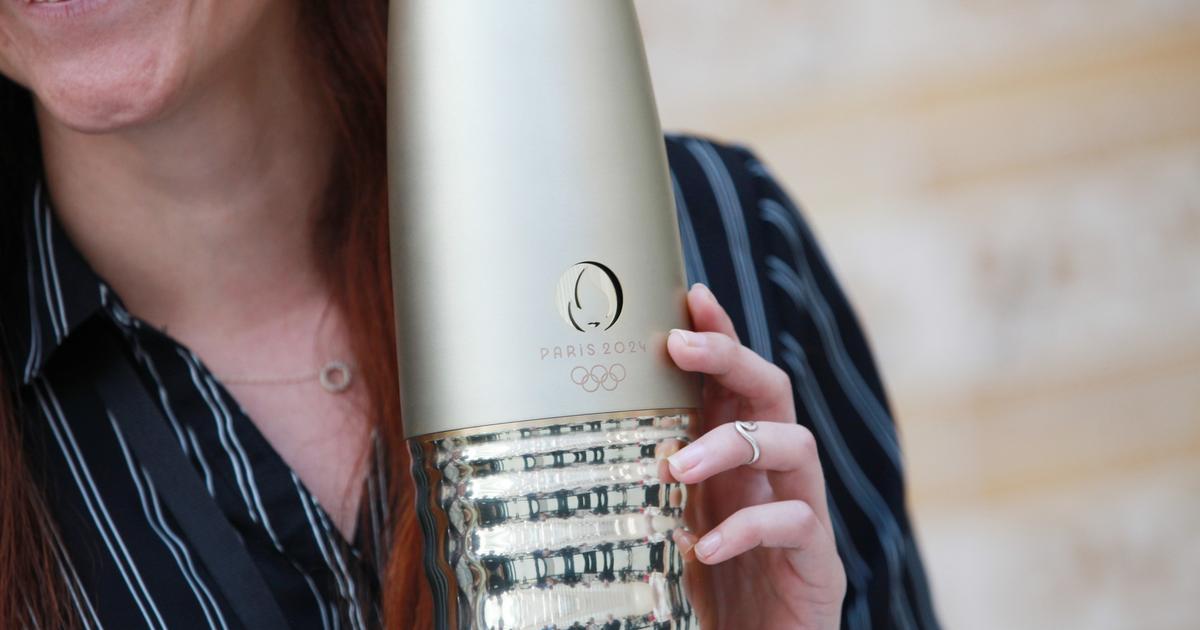Enlarge image
Russian President Putin (2011)
Photo: ?
Thierry Roge / Reuters/ REUTERS
A larger sum from Düsseldorf arrived at Gazprombank in Moscow this week.
The money comes from Uniper, formerly E.on, formerly Ruhrgas, one of the most important German energy traders.
With tens of millions of euros, Uniper ensures that Russian natural gas continues to flow to Germany, war or not.
Money is very welcome in Russia.
It may help President Vladimir Putin to bolster his ailing army.
Then we will soon see the Düsseldorf millions again in the Ukraine, in the form of Russian war equipment, recognizable by a fresh Z.
Wait a minute, you might be thinking, German money for Russia – how is that possible?
Didn't Putin issue a decree requiring Western countries to pay their gas bills in Russian rubles?
And, conversely, hadn't the European Union decided on sanctions against Russia that forbid exactly that?
In fact, Uniper uses a trick that Russia came up with: a so-called K account.
It's a kind of double-entry bookkeeping.
Uniper not only has one account with Gazprombank, but two.
Uniper transfers euros to account number one.
The foreign currency is then immediately exchanged for Russian rubles and goes to account number two.
And these rubles now flow to Uniper's suppliers, i.e. to Gazprom, which is controlled by Putin.
So everyone involved is happy.
Uniper can say that it is formally adhering to the sanctions correctly, and the slate stays clean.
Putin, on the other hand, can be pleased that the ruble is continuing to roll.
Russia's economy will be strengthened and the currency's decline successfully counteracted.
A win-win situation.
Except for Ukraine, of course.
The K-account trick is not secret.
Uniper and other German energy companies have agreed the procedure with the federal government down to the last detail.
"Opening K-accounts is in line with the sanctions," said a spokeswoman for Federal Minister of Economics Robert Habeck to the "FAZ" this week, Germany of course adheres to the guidelines of the EU.
Wink, wink.
Habeck's spokeswoman avoided using the word "ruble."
Apparently, other countries see things differently.
Poland, Bulgaria and the Netherlands reject the K-account trick.
As a punishment, however, they no longer get any gas from Putin, in contrast to Germany, where people like to demand tough sanctions, but preferably only those that hardly hurt themselves.
The federal government says it cannot do without Russian gas at the moment.
You can believe that or not.
In any case, it would increase the government's credibility if it stopped playing a double game in dealing with sanctions against Russia.





/cloudfront-eu-central-1.images.arcpublishing.com/prisa/77MG57WPDAGCADFCYNIRTMWR5Y.jpg)



